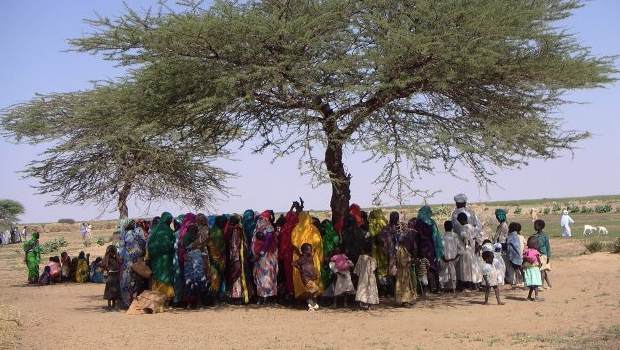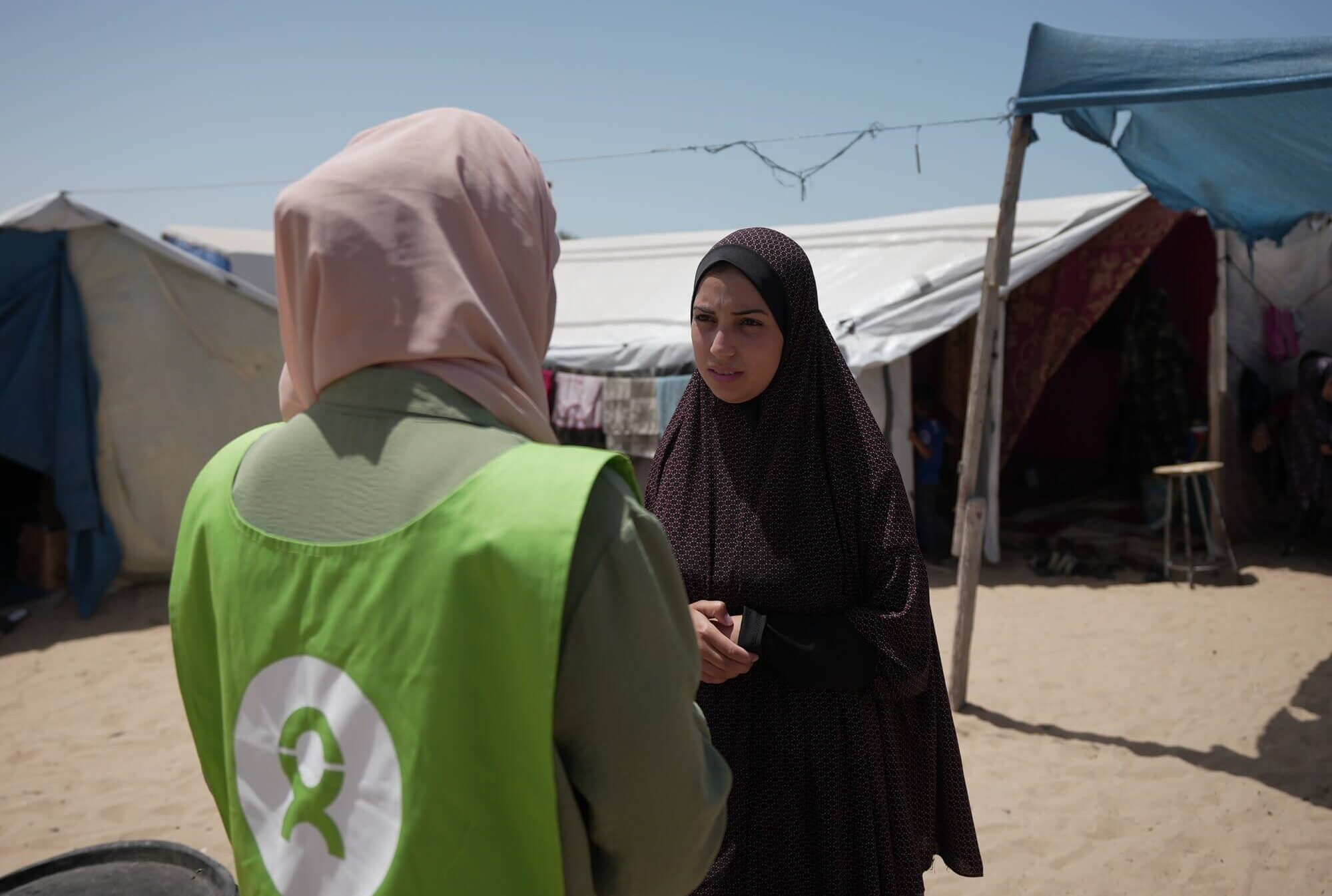It has been ten years since the Darfur conflict erupted and millions fled their homes in the countryside for the safety of towns and camps. If you do not live in Sudan, it is understandable if you think the problem resolved itself long ago. But if you could come with me to Darfur, the land where I grew up, you would quickly see that it has not.
Around one and a half million people still live in the crowded camps – unable to go home because it is not yet safe. And waves of newly displaced people are still arriving: already in 2013, 100,000 have been uprooted by fighting in North Darfur.
When people flee violence, they become destitute. They leave behind nearly everything that is theirs – their houses, their communities, their plots of land, their livestock, the tools they need to make a living. What’s left are their lives – and the hope that someone will reach out and lend a hand until they can get back on their feet. For the past ten years, Oxfam and our partners have been working to provide that hand – our goal is not only to help people protect the health of their families but also to give the most vulnerable among them a chance to make a decent living.
And we are succeeding:
- We’ve helped single mothers and disabled men launch successful small businesses;
- By dramatically improving their yields, we’ve help farmers stay viable despite the risk of inhabiting the dangerous rural areas;
- Our fuel-efficient stoves are benefiting women and the environment;
- Our work on providing clean water, sanitation, and hygiene awareness and resources has helped keep the crowded camps nearly free of deadly waterborne disease for a decade.
But now we are at a crossroads. The world has shifted its attention to other emergencies, and we are facing a crisis in funding. If peace were at hand, we would welcome the chance to stand down – to declare the emergency over and use our remaining resources to help displaced people return to their homes and rebuild their lives.
But the road to peace is proving to be a long one.
So, as we commemorate the ten-year anniversary of the start of the conflict, my most fervent hopes are these: that the international community will renew its engagement with Sudan to find a path to lasting peace in Sudan. That the conflicts in the border states of South Kordofan and Blue Nile will not devolve into Darfur-like tragedies. And that the lifeline that Oxfam has extended to people in need will not be cut for lack of funds.
Let us use this anniversary to recommit to peace, security, and lives of dignity in Darfur.
by El Fateh Osman, Oxfam America Sudan Program Coordinator



